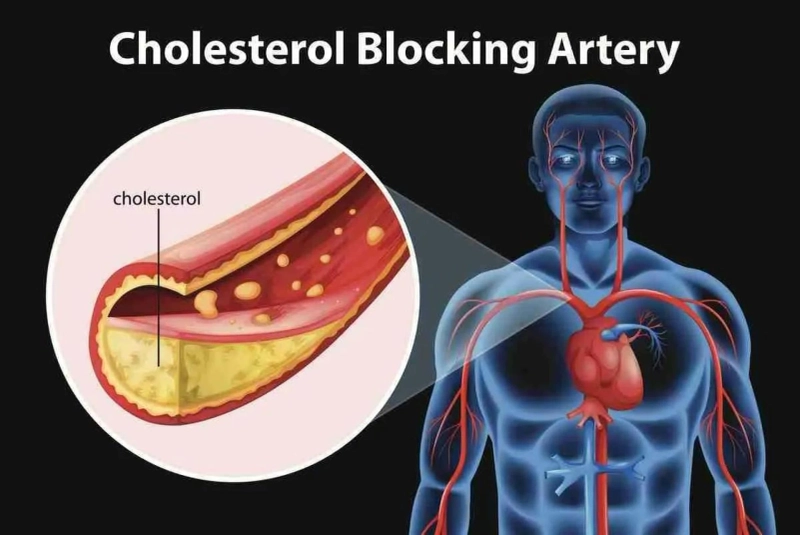Atherosclerosis, characterised by plaque buildup in the arteries, and angina, a form of chest discomfort brought on by inadequate blood supply to the heart, are significant cardiovascular conditions that can severely impact an individual\'s quality of life. Conventional therapies, such as medications and adjustments to one\'s lifestyle, are frequently recommended there is growing interest in alternative therapies like chelation therapy. Let\'s delve into the potential benefits of chelation therapy for atherosclerosis and angina.
Chelation therapy is a method for eliminating minerals and heavy metals from the body using the intravenous or oral administration of chelating agents like ethylenediaminetetraacetic acid (EDTA). While originally developed for heavy metal poisoning, some proponents suggest that chelation therapy may also have benefits for cardiovascular health.
One potential benefit of chelation therapy is its ability to remove calcium deposits from arterial plaques, potentially slowing the progression of atherosclerosis. By binding to calcium ions within the plaque, chelating agents may help to break down or destabilise the plaque, reducing the risk of arterial blockages and improving blood circulation to the heart.
The use of chelation therapy has been hypothesised to have antioxidant effects, which could assist in reducing oxidative stress and inflammation in the arteries. An additional contribution to the stabilisation of plaques and the prevention of cardiovascular events may be made by this.
Furthermore, some studies have suggested that chelation therapy for angina may improve symptoms of angina and enhance exercise tolerance in individuals with coronary artery disease. Chelation therapy may alleviate chest pain and improve overall cardiovascular function by improving blood flow and reducing the burden of arterial plaques.
However, it\'s important to note that the efficacy of chelation therapy for atherosclerosis and angina remains a significant topic of debate within the medical community. Promising results from small studies suggest the potential benefits of chelation therapy for atherosclerosis and angina. However, larger randomised controlled trials are necessary to definitively confirm its efficacy and safety. Further research is crucial for establishing chelation therapy as a viable treatment option for cardiovascular conditions.
In conclusion, while chelation therapy holds promise as a potential treatment for atherosclerosis and angina, further research is needed to understand its benefits and risks fully. Individuals considering chelation therapy for angina and atherosclerosis should consult with their doctor to weigh the potential benefits against the possible risks and explore other evidence-based treatment options available for managing these cardiovascular conditions.


